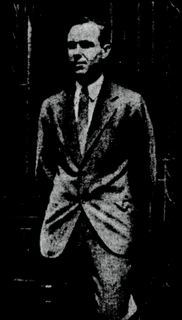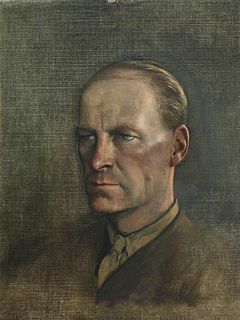A Quote by Corliss Lamont
Intuition does not in itself amount to knowledge, yet cannot be disregarded by philosophers and psychologists.
Quote Topics
Related Quotes
Contemporary philosophers have exercised themselves with the problem of our knowledge of other minds. Enmeshed in the dogma of the ghost in the machine, they have found it impossible to discover any logically satisfactory evidence warranting one person in believing that there exist minds other than his own. I can witness what your body does, but I cannot witness what your mind does, and my pretensions to infer from what your body does to what your mind does all collapse, since the premises for such inferences are either inadequate or unknowable.
The fact that these scientific theories have a fine track record of successful prediction and explanation speaks for itself. (Which is not to say that I don't directly discuss the work of those philosophers who would disagree.) But even if we grant this, many will argue that scientific knowledge in humans, and, indeed, reflective knowledge in general, is quite different in kind from the knowledge we see in other animals.
Confronted with such a variety most philosophers try to establish one approach to the exclusion of all others. As far as they are concerned there can only be one true way- and they want to find it. Thus normative philosophers argue that knowledge is a result of the application of certain rules, they propose rules which in their opinion constitute knowledge and reject what clashes with them.
The notion that science does not concern itself with first causes - that it leaves the field to theology or metaphysics, and confines itself to mere effects - this notion has no support in the plain facts. If it could, science would explain the origin of life on earth at once - and there is every reason to believe that it will do so on some not too remote tomorrow. To argue that gaps in knowledge which will confront the seeker must be filled, not by patient inquiry, but by intuition or revelation, is simply to give ignorance a gratuitous and preposterous dignity.








































